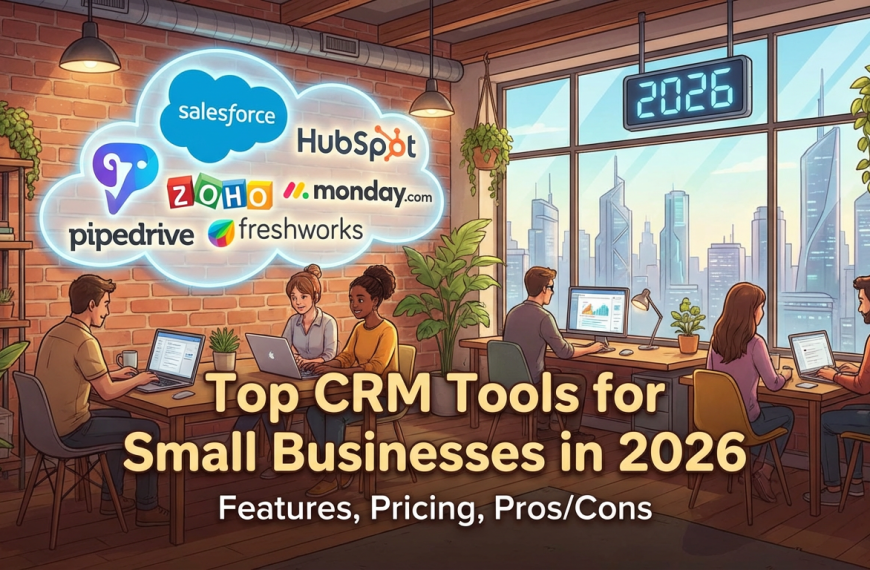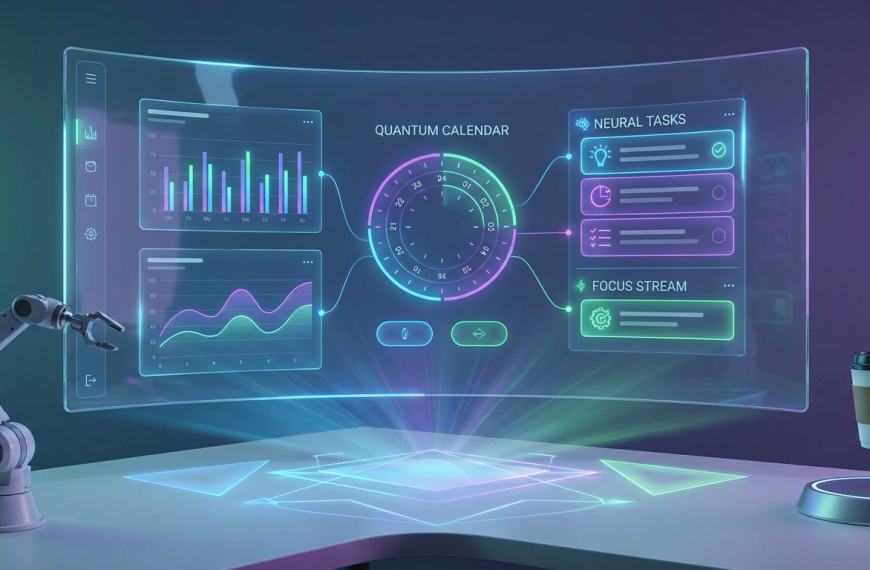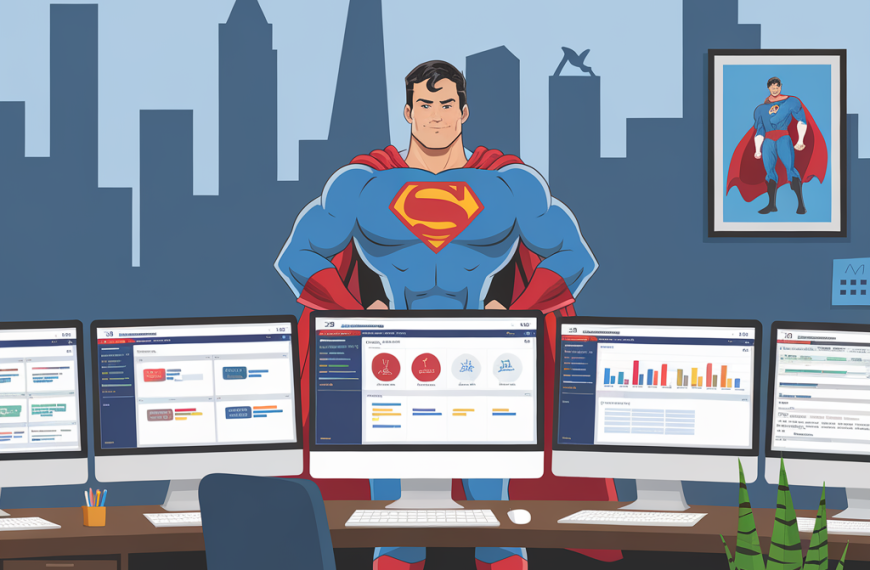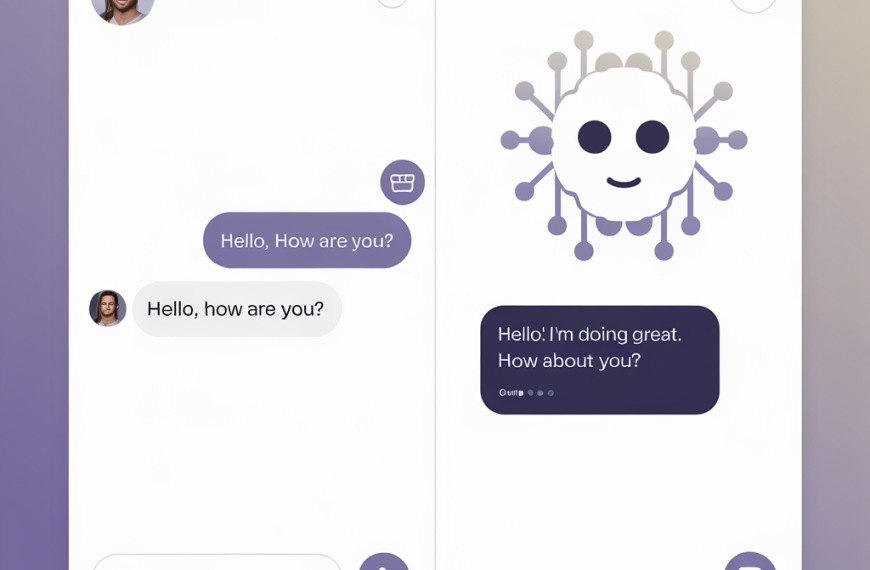Is Social Media Scheduler Fatigue Real? Here’s What We Think

Introduction: Problem or Opportunity
In today’s fast-paced digital world, social media has become an integral part of our daily lives. However, with the increasing reliance on automated tools to manage our online presence, a new phenomenon has emerged: social media scheduler fatigue. This condition is characterized by mental and emotional exhaustion resulting from the constant pressure to maintain an active social media presence. As businesses and individuals strive to keep up with the ever-evolving digital landscape, understanding and addressing social media scheduler fatigue is more important than ever.
Understanding Social Media Scheduler Fatigue
Social media scheduler fatigue refers to the burnout experienced by users who heavily depend on automated tools to manage their social media activities. These tools, while designed to simplify content scheduling and posting, can inadvertently lead to feelings of overwhelm and stress. The constant need to engage with audiences, coupled with the pressure to produce high-quality content, can take a toll on mental health and overall well-being.
Causes of Social Media Scheduler Fatigue
Several factors contribute to social media scheduler fatigue:
- Compulsive Social Media Use: The urge to constantly check notifications and updates can lead to compulsive behavior, making it difficult to disconnect from social media platforms.
- Information Overload: The sheer volume of content available on social media can be overwhelming, leading to decision fatigue and decreased productivity.
- Fear of Missing Out (FoMO): The fear of missing important updates or trends can drive individuals to spend excessive time on social media, exacerbating feelings of fatigue.
Impact on Individuals and Businesses
Social media scheduler fatigue can have significant implications for both individuals and businesses:
- Individuals: Prolonged exposure to social media can lead to increased feelings of anxiety, depression, and social withdrawal. The pressure to maintain an online persona can also impact self-esteem and mental health.
- Businesses: For businesses, social media fatigue can result in reduced engagement rates and lower content quality. The constant need to produce fresh content can lead to burnout among social media managers, affecting overall brand performance.
Strategies to Combat Social Media Scheduler Fatigue
To mitigate the effects of social media scheduler fatigue, consider implementing the following strategies:
- Set Boundaries: Establish clear boundaries for social media use, such as designated times for checking notifications and engaging with content.
- Diversify Content: Experiment with different content formats and platforms to keep your audience engaged and reduce the pressure to constantly produce new material.
- Practice Mindfulness: Incorporate mindfulness practices into your daily routine to help manage stress and improve focus.
Expert Opinions and Studies
Recent studies have highlighted the psychological effects of social media fatigue, emphasizing the need for awareness and proactive strategies. Experts suggest that individuals and businesses should prioritize mental health and well-being by adopting healthier social media habits and leveraging technology to streamline content management.
Conclusion + CTA
As social media continues to play a pivotal role in our lives, it’s crucial to recognize the signs of social media scheduler fatigue and take steps to address it. By setting boundaries, diversifying content, and practicing mindfulness, individuals and businesses can maintain a healthy relationship with social media. Reflect on your social media habits and consider implementing these strategies to enhance your digital experience.


 By
By










